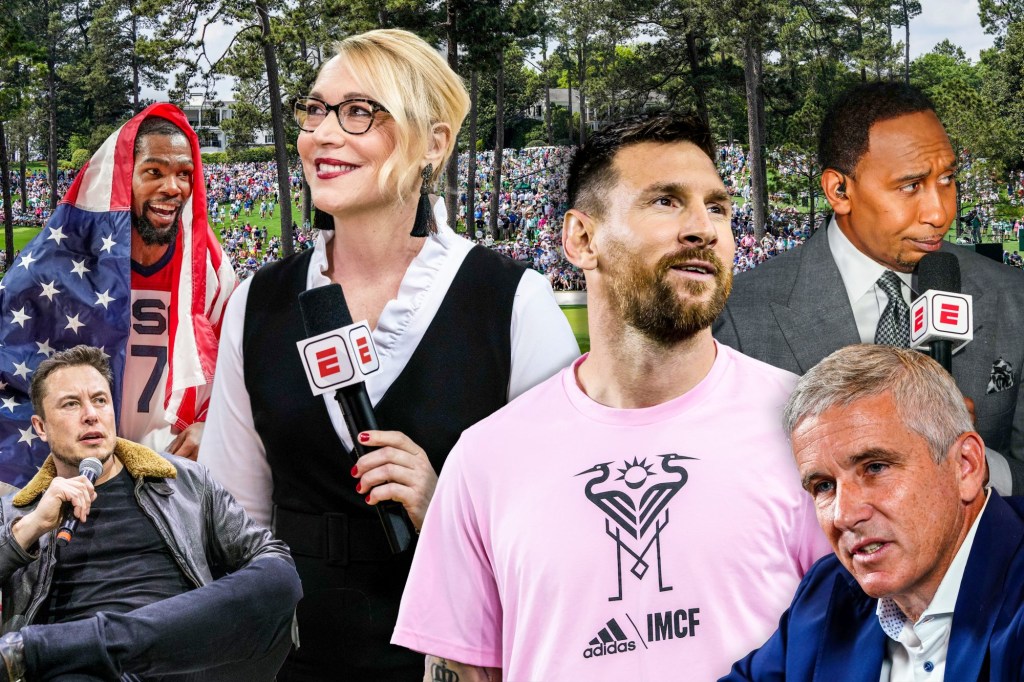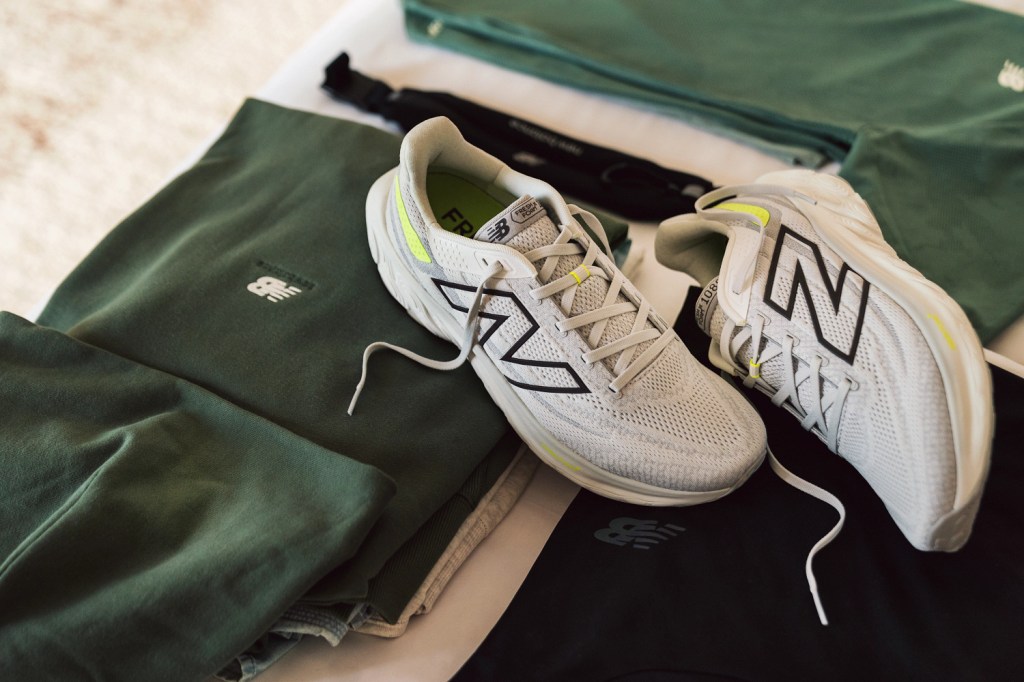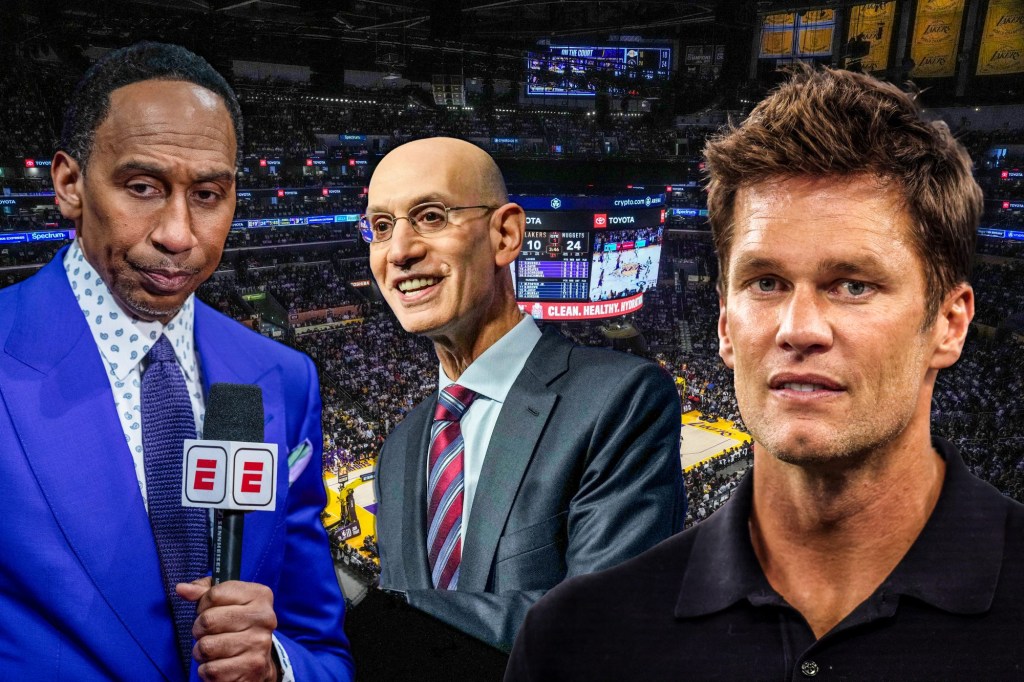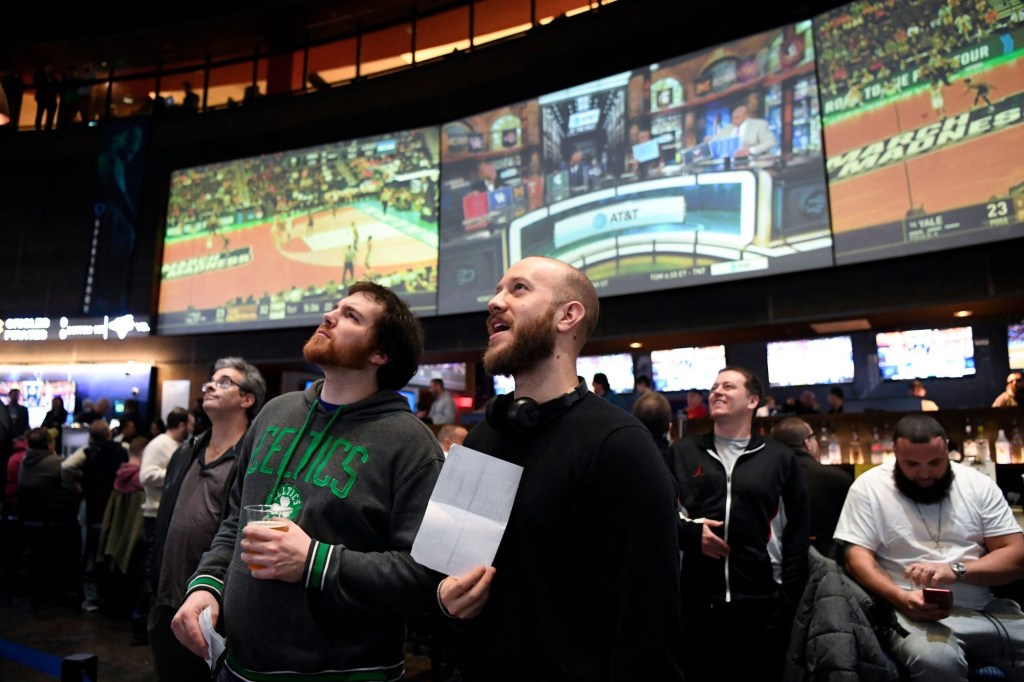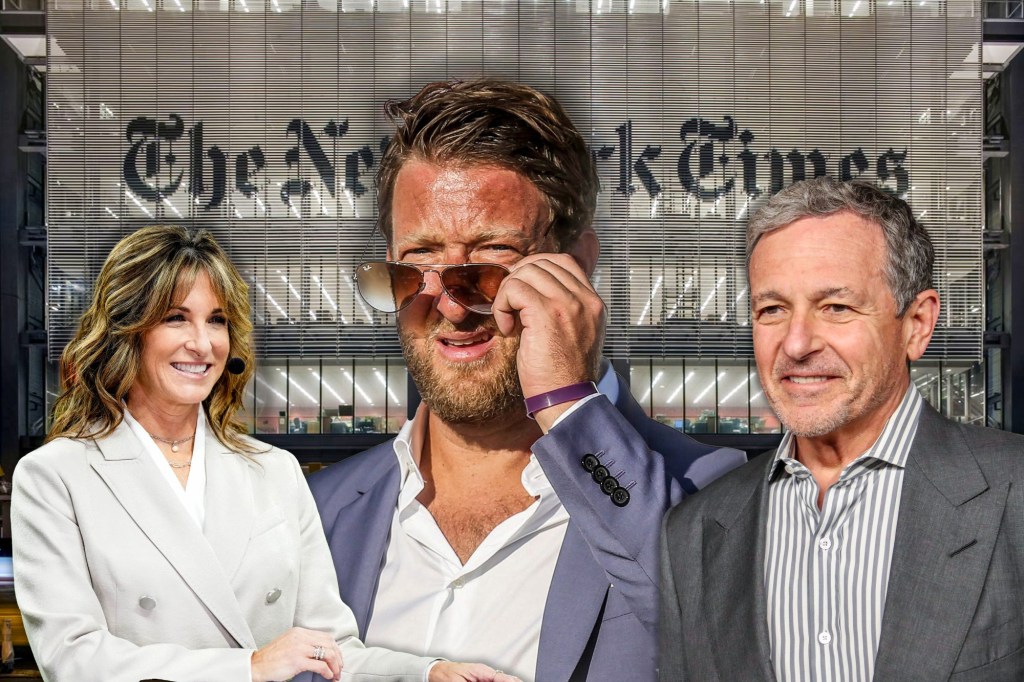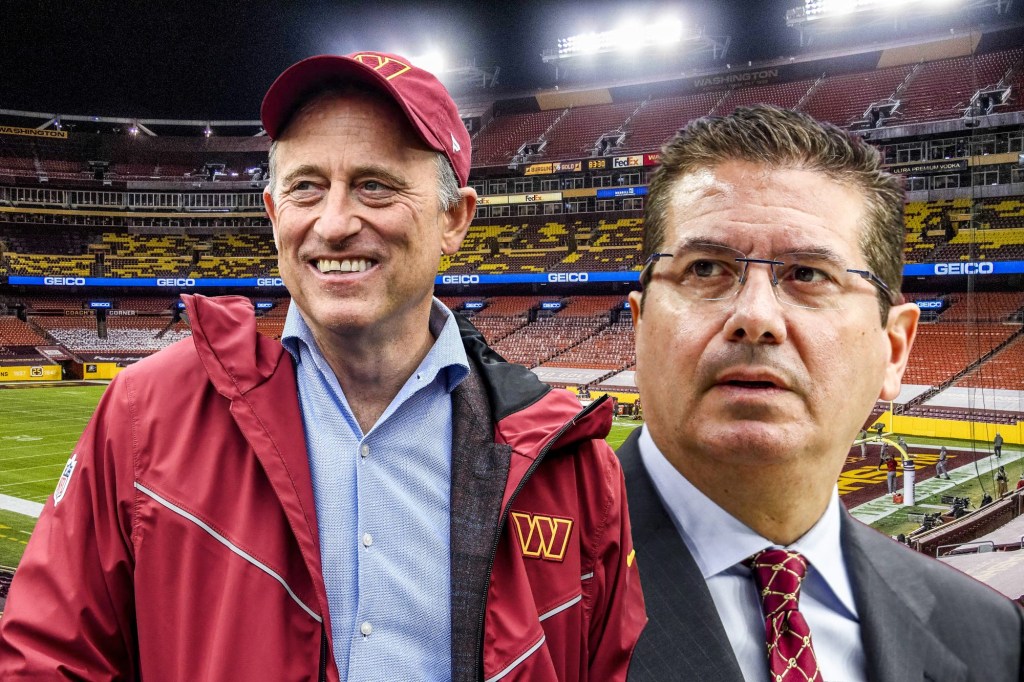The 2023-24 bowl season did not disappoint, from a semifinal Rose Bowl decided in overtime and an emotional goodbye for Oregon quarterback Bo Nix to a Pop-Tarts Bowl mascot’s 15 minutes of fame.
There’s still one game left, however: On Jan. 8, the Michigan Wolverines and the Washington Huskies will play for a national championship.
The conclusion of the four-team format will mark the start of the 12-team era. The CFP hasn’t announced several details about the next playoff configuration, however, from media rights to qualification. Those details—particularly the value of the new broadcast package—will be a major talking point in the business of college sports (more on that below). But that won’t be the only highly anticipated deal in college sports in 2024; the NCAA championship media rights, including the ever-growing women’s March Madness, will also go on the market.
Here are my thoughts on the two biggest college sports plotlines on the horizon … plus the imminent Big Stories across the broader business of sports, in the words of my FOS colleagues:
The details of an expanded College Football Playoff
Playoff expansion will bring millions in extra revenue to the CFP, as well as schools.
However, just one year away from the new format, the organization has yet to decide upon several major details: including which broadcaster will air the first round of games, how bids will be awarded, and what the revenue distribution system will look like. The breakup of the Pac-12 has contributed to this lack of clarity. —AC
College athlete employment
The most intense matchup of 2024 won’t take place on the field. It will happen in court, and it will be fought over the legality of the NCAA’s amateurism model.
Several federal lawsuits, including Johnson v. NCAA and Carter v. NCAA, argue that college athletes should be considered employees. And two labor law cases at the National Labor Relations Board—one concerning USC football and basketball players (the trial resumes this month) and another tied to Dartmouth men’s basketball players—are attempting to force the same conclusion.
The legal sparring over amateurism will likely last at least another year or two. Both the pro-athlete employment side and the anti-employment side will appeal as far as they can. But we’ll likely get at least one ruling on athlete employment from the Third Circuit Court of Appeals or the NLRB. —AC
The future of professional golf
Professional golf still has a ton of questions to answer about its future. In the meantime, the PGA season begins this week in Maui, and LIV Golf, backed by Saudi Arabia’s Public Investment Fund, tees off next month in Las Vegas, on Super Bowl weekend.
Will this be the last season when those two entities are separate? Will any more major winners make the jump to LIV? When the Masters rolls around in April, all eyes will be on defending champion Jon Rahm, who accepted what many believe to be a $500 million-plus offer to join LIV. How will that move end up shaping the future of golf? —David Rumsey
The big-city Olympics question
There’s pressure, and then there’s what Paris 2024 organizers face. After months of turmoil and bad press—including local rioting, corruption allegations, and budget concerns—the heat is on the French capital to not only not stage a successful event, but, in some respects, to restore the Olympic movement.
The last half-decade has been a brutal stretch for the IOC. Both the 2020 Tokyo Olympics and the 2022 Beijing Games were marred by the pandemic and record-low U.S. ratings. With the 2032 Games in Brisbane already facing budget problems, a bigger question arises: Are the Olympics beginning to collapse under their own weight and complexity. Instead of being too big to fail, are the Olympics now too big to succeed? Look for those Paris organizers to project a sense of optimism and success in any way possible. —Eric Fisher
Las Vegas sports sustainability
Las Vegas is all about glitz and glamor, and the city is looking to put on a major encore after its blockbuster 2023. Last year included a pair of league titles for the WNBA’s Aces and the NHL’s Golden Knights, the debut of the Las Vegas Grand Prix, the arrival of the MSG Sphere, the inaugural NBA In-Season Tournament championship, and a deal for the Oakland A’s to relocate to the Strip.
Next up is Super Bowl LVIII at Allegiant Stadium in February, a return for Formula 1, and a likely repeat engagement for the IST. But serious questions remain. Will the A’s ballpark deal stay on track amid a potential referendum challenge? And can the 40th largest media market in the U.S. truly handle all this sports growth over the long term? —EF
Major League Soccer’s full season of Messi
Lionel Messi’s impact on Inter Miami was unprecedented, even for a few months. In 2024, he’ll get an entire MLS season to make his mark on American soccer. Miami is already the betting favorite to win the 2024 MLS Cup and will get the chance to defend its Leagues Cup title.
Club leaders say revenue could hit $200 million this year, which would be an MLS record. Look for the rest of the league to capitalize on Messi’s business, too, as fans across the country flock to stadiums to glimpse the now eight-time Ballon d’Or winner. —DR
All eyes on the very, very expensive Dodgers
The Mark Walter ownership era has been a cruel, double-edged sword. In many respects, the Walter-led Guggenheim Baseball Management has been MLB’s most successful ownership group since its 2012 arrival, winning 10 division titles and leading the league in attendance each of the last 10 years. But the group’s only World Series win is a 2020 title that some believe deserves an asterisk for the pandemic-shortened season.
The Dodgers have committed more than $1 billion to change all that, signing Shohei Ohtani ($700 million) and Yoshinobu Yamamoto ($325 million) to record-setting deals. In 2024, the Dodgers will likely lead the league in attendance again, and Ohtani and Yamamoto will hit new levels of fame at Chavez Ravine. The team’s spending will also reignite debate among fans and MLB team ownership over the merits of a salary cap. But it’s World Series or bust for Los Angeles, and none of this will matter much without a championship. —EF
Sports’ relationship with X
Elon Musk bought Twitter for $44 billion in October 2022. Since then, he’s laid off 6,000 employees, changed the name to X, boosted dangerous conspiracy theories, allowed hate speech to flourish, and lost several major advertisers—all while sports have helped keep it relevant.
A possible shift away from X to other social platforms could hinge on how professional leagues and teams weigh access to fans, with all the issues that led Disney, Fox Sports, Apple, and other brands to pause their advertising on X.
But could an insider like Adam Schefter or Shams Charania choose one alternative platform this year to call home? Could leagues exercise their tremendous power via the Digital Millennium Copyright Act? (“Any use of the broadcast, or any pictures, descriptions, or accounts of the game without the NFL’s consent is prohibited,” etc.)
Leagues could flood X with DMCA takedown notices for videos they own. By law, those notices would have to be addressed—likely with temporary or permanent bans, hobbling aggregator accounts that post replays—within 14 days, unlike reporting other problematic content. Sports fans accustomed to video and news would look elsewhere, and that could tilt the whole thing. —A.J. Perez


